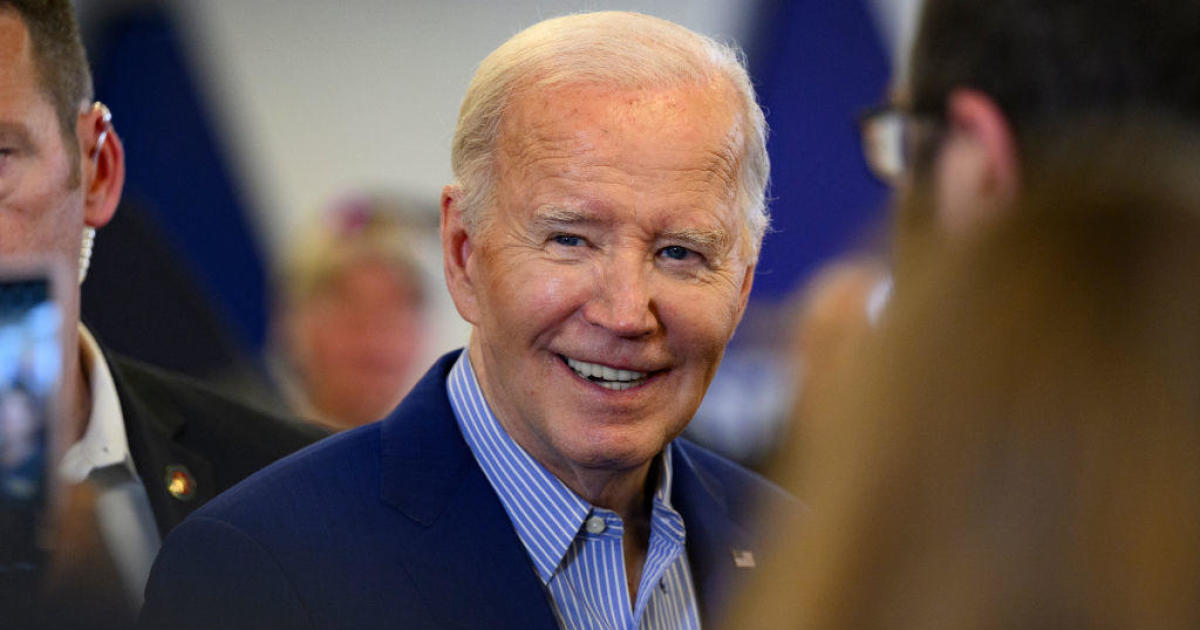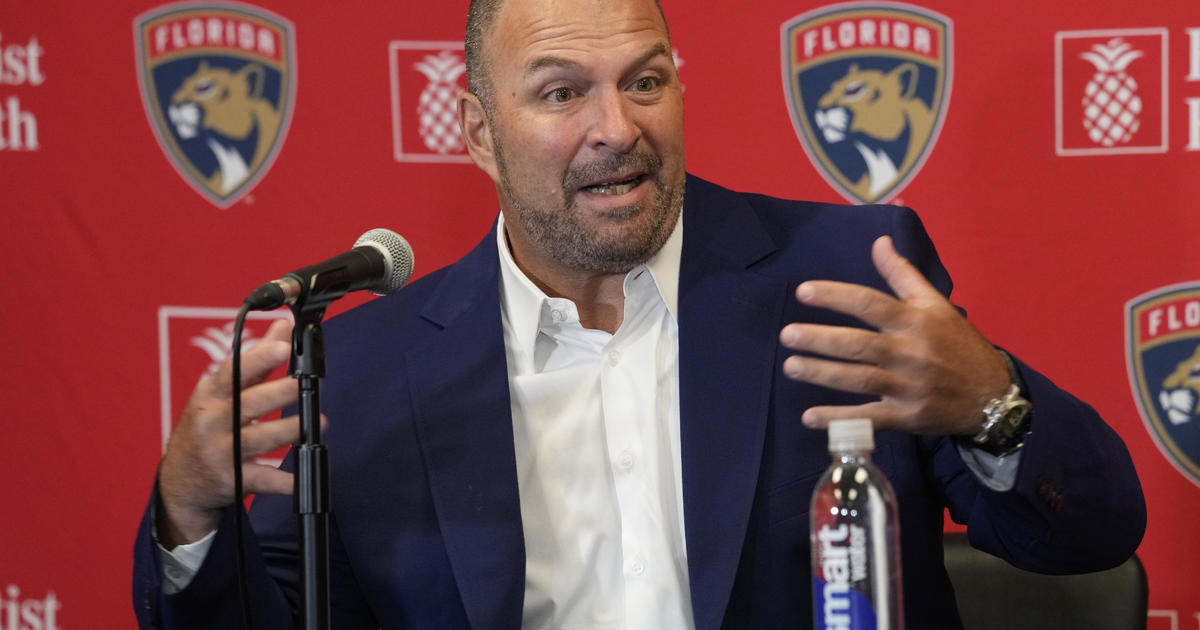So-Called 'Don't Say Gay Bill' Scheduled To Go Before Florida House Judiciary Committee
TALLAHASSEE (CBSMiami) – The Parental Rights in Education Bill is scheduled to go before the Florida House Judiciary Committee Thursday. The bill is widely known as the "Don't Say Gay Bill," as coined by opponents.
The legislation has garnered not only local, but also national attention. Those who support it say it is not the teacher's place to discuss "social issues." Those against it say it could have negative mental impacts on students who may already feel marginalized.
Members of the organization Safe Schools South Florida were in Tallahassee to sit down with lawmakers and speak out against the legislation.
"It sends this message, really, that talking about these things – that the existence of these things – is inappropriate for children to know about. That we are inappropriate for children to know about," says Maxx Fenning, president of PRISM, an LGBTQ support group.
"Sometimes, kids at home don't have that direct communication or support system," explains Javier Gomez, president of iPrep Gay-Straight Alliance.
There is a bill in the Florida House and a nearly identical one in the Senate. Essentially, it would ban discussion of sexual orientation or gender identity in elementary grade levels in a manner that is "not age appropriate or developmentally appropriate."
It would also give parents the right to sue schools they feel violate this.
State Sen. Dennis Baxley is one of the sponsors.
"I'm particularly concerned about early intervention and shaping and social engineering their views about topics that are much more sophisticated than primary age children should be struggling with," he says.
He insists it is not "anti-gay" legislation. When asked about students with gay parents, he said the bill gives all parents the right to know what is being taught in their schools. Further, he says it is the teacher's responsibility to keep discussion focused on "basic core skills."
"The parents may be gay, but what I don't want is parents to relinquish their role," says Baxley. "I think this is a mistake with our school system, because teachers do receive students from all over the spectrum, they are trying to do things that are far beyond what a teacher should do."
"Children begin to have a sense of their gender identity between ages three and five, and then we see that gender consistency is formed by age seven, so this is during primary school time," explains Dr. Natasha Poulopoulos, a pediatric psychologist.
She fears banning this language could further ostracize students already at risk for poor mental health outcomes.
"Research has shown that LGBTQ+ youth who learn about LGBTQ+ issues at school, actually show a 23% decrease in their suicide attempts," she says. "We know school policies that protect and affirm gender diverse youth are actually associated with positive psychological and academic outcomes."
"Instead," she suggests, "we shift to more affirming school environment for all students, and that way we are protecting all youth."
The Trevor Project, a suicide prevention organization, found more than 40% of youth who identify as LGBTQ+ considered suicide last year. That number was 50% for those who identify as transgender.
In the Senate, the bill is still up for discussion in two more Senate committees.



